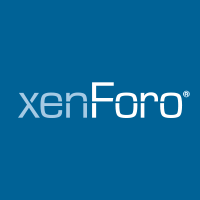xml
Active member
I am on Almalinux8 KVM VPS and trying to configure yum.conf in a way that would not break my xenforo 2.2 forums.
currently my yum.config of new OS install with Apache2.4, php8.1, MariaDB 10.6:
[main]
gpgcheck=1
installonly_limit=3
clean_requirements_on_remove=True
best=True
skip_if_unavailable=False
and my repolist is:
repo id repo name
MariaDB106 MariaDB106
appstream AlmaLinux 8 - AppStream
baseos AlmaLinux 8 - BaseOS
epel Extra Packages for Enterprise Linux 8 - x86_64
extras AlmaLinux 8 - Extras
remi-modular Remi's Modular repository for Enterprise Linux 8 - x86_64
remi-safe Safe Remi's RPM repository for Enterprise Linux 8 - x86_64
Any suggestion would be appreciated.
currently my yum.config of new OS install with Apache2.4, php8.1, MariaDB 10.6:
[main]
gpgcheck=1
installonly_limit=3
clean_requirements_on_remove=True
best=True
skip_if_unavailable=False
and my repolist is:
repo id repo name
MariaDB106 MariaDB106
appstream AlmaLinux 8 - AppStream
baseos AlmaLinux 8 - BaseOS
epel Extra Packages for Enterprise Linux 8 - x86_64
extras AlmaLinux 8 - Extras
remi-modular Remi's Modular repository for Enterprise Linux 8 - x86_64
remi-safe Safe Remi's RPM repository for Enterprise Linux 8 - x86_64
Any suggestion would be appreciated.
